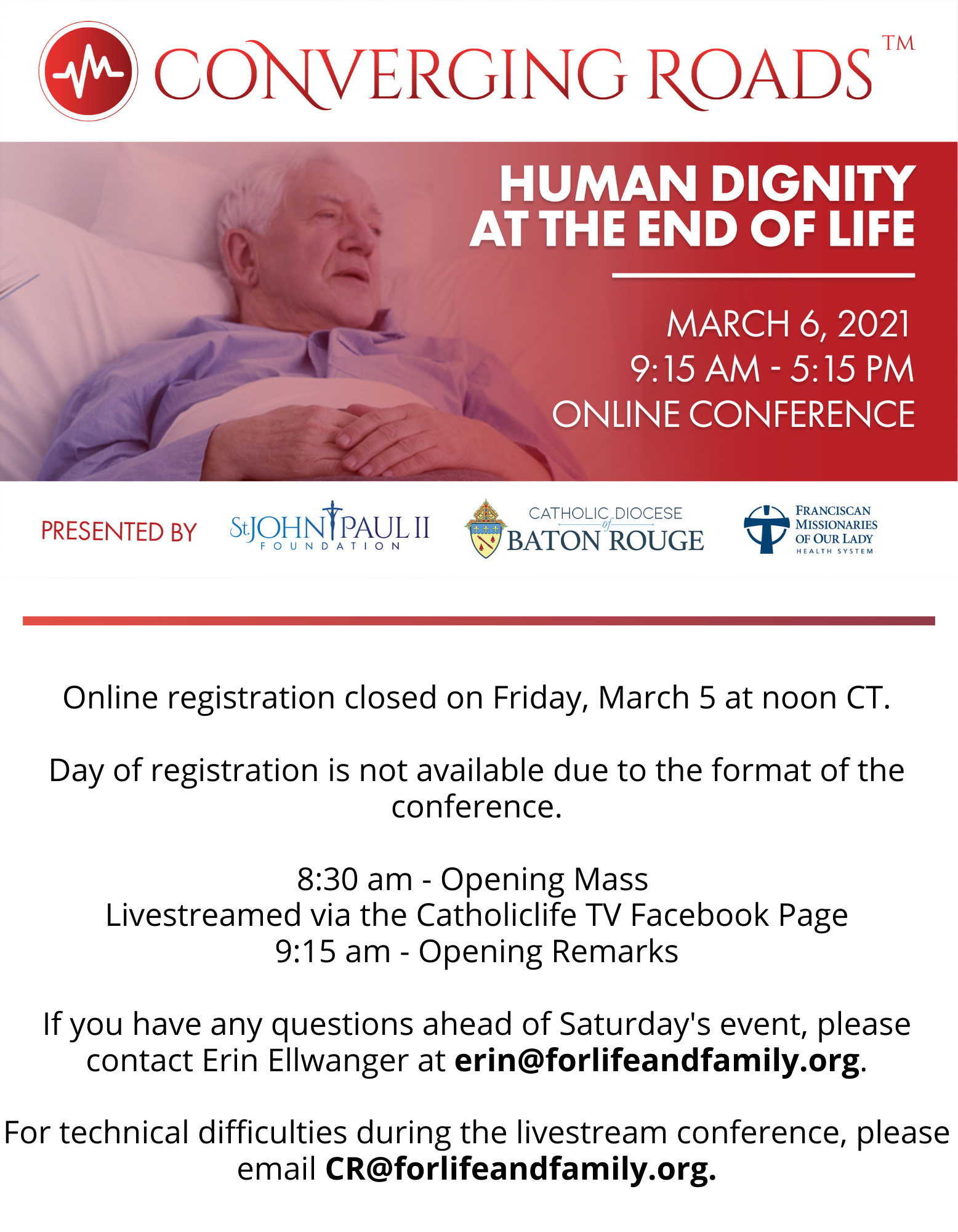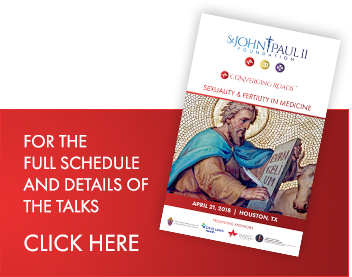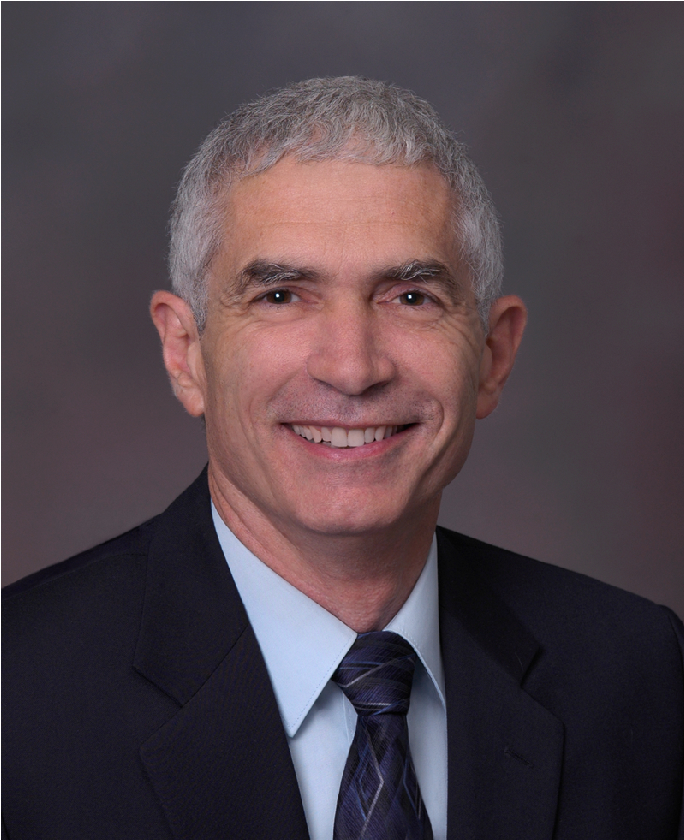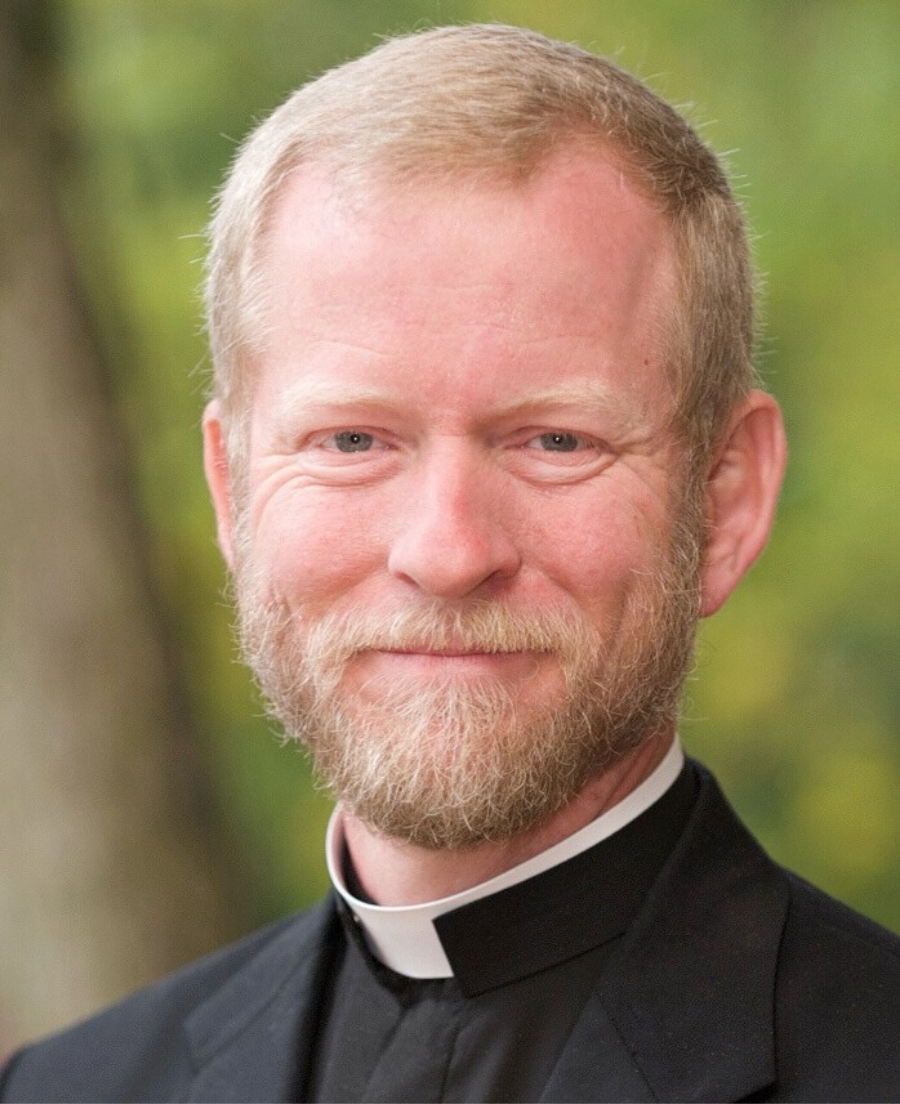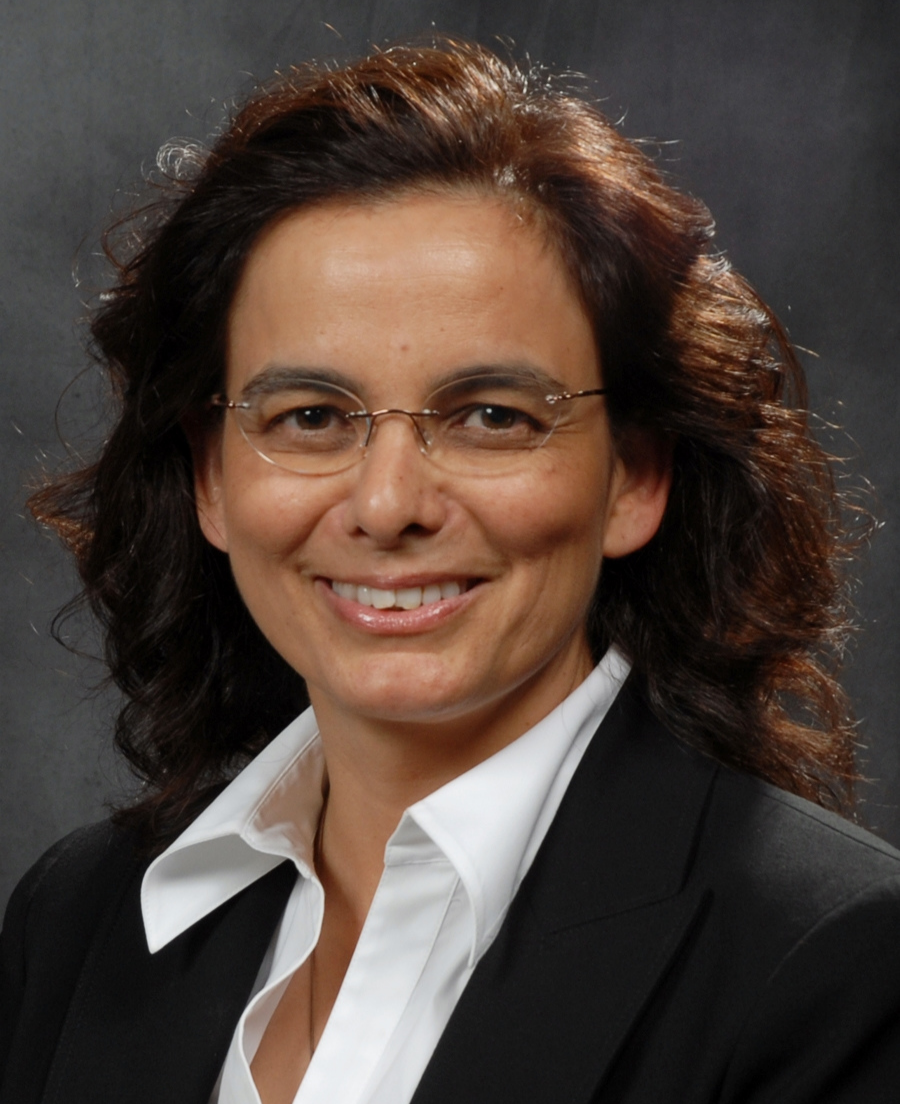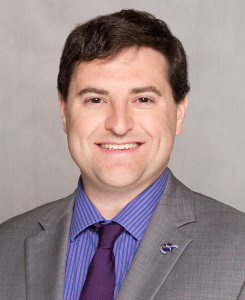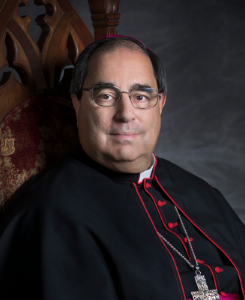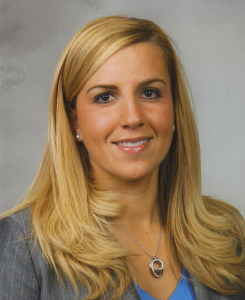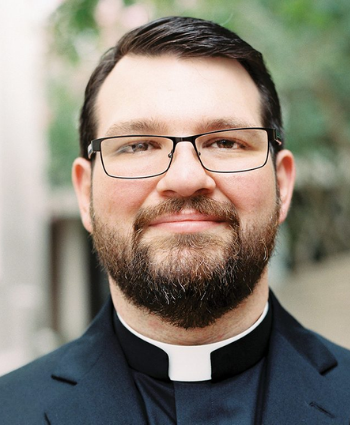about Converging Roads
Where Health Care Ethics and Medicine Converge
Converging Roads is a regional conference series offering continuing education for health care professionals that equips them to practice the highest ethical and medical standards of their profession. To learn more about Converging Roads, click here.- Feedback from past attendees of Converging Roads:
- "What I appreciated most about Converging Roads was the fact that each issue was treated with care and with nuance. It was not the same arguments I have always heard, and each issue was examined from multiple perspectives. Presenters were well informed in medicine, ethics, and Catholic teaching, providing well rounded presentations that honored both God and science."
- "I’m so glad I attended. It was so insightful and gave me more knowledge on how to study more about human dignity, disabled persons and the correct way to explain our duty to others (as health care providers to our patients)."
- "It is edifying to be with so many people trying to live their faith in a field that constantly challenges the truth."

Now Online
-
After careful consideration, the St. John Paul II Foundation and our presenting sponsors have decided to move Converging Roads completely online. Please see below for updated ticket options and pricing.
- We know that Converging Roads is a vital ministry to you as health care professionals, and we look forward to serving you through this conference. Continuing education credits for healthcare professionals will still be offered through the online conference. In light of the current circumstances, we are grateful to still offer this conference to you and pray it will be a meaningful day for your local medical community.
REGISTRATION
REGISTRATION IS CLOSED
FOR SPONSORSHIP OPPORTUNITIES AND MORE INFORMATION, CONTACT
- Erin Ellwanger, Conference Coordinator
- 832.779.1070
- [email protected]
-
-
Ticket Options:
-
- Ticket includes online access to the live conference on Saturday, March 6 and continued access for 72 hours following the conclusion of the conference.
-
-
- Physician/Physician Assistant: $119
- Nurse/Nurse Practitioner: $99
- General Admission*: $49
- (Other health care professionals and non-health care professionals)
- Medical resident, clergy, or religious*: $39
- Student Scholarship Rate**: Free of Charge
- (Medical, and nursing, graduate, and undergraduate students)
- *Not eligible for CME/CNE credits, however, Chaplain certificates of completion can be requested upon registration for continuing education purposes.
- **Not eligible for CME/CNE credits.
Exhibitor and Sponsor Opportunities:
Please email [email protected] for more information about our online exhibitor/sponsor opportunities, and how your organization/company can share resources to this year's conference participants.TOPICS
-
Medical Community’s Role in Countering Assisted Suicide and Euthanasia
- William L. Toffler, MD
-
Proportionate vs Disproportionate Means and the Provision of Assisted Nutrition and Hydration
- Rev. Tadeusz Pacholczyk, PhD
-
End of Life Decision Making and Advance Directives
- Sarah E. Hetue Hill, PhD
-
Clinical Aspects of End of Life Care
- Becket Gremmels, PhD
-
Accompanying the Sick and Dying with Sacramental and Spiritual Care
- Most Rev. Michael G. Duca and Rev. Ryan Hallford
-
Alleviating Suffering Through Palliative Care, Pain Management, and Hospice Care
- Sarah E. Hetue Hill, PhD
-
Physician Heal Thyself: Dealing with Moral Distress in End of Life Care
- Maricela P. Moffitt, MD, MPH, FACP
SCHEDULE
8:30 AM |
|
9:15 AM |
Opening Remarks |
9:25 - 10:25 AM |
Proportionate vs Disproportionate Means and the Provision of Assisted Nutrition and Hydration |
10:30 - 11:30 AM |
End of Life Decision Making and Advance Directives |
11:35 AM - 12:35 PM |
Physician Heal Thy Self: Dealing with Moral Distress in End of Life Care |
12:35 - 1:00 PM |
Break for Lunch |
1:00 - 2:00 PM |
Alleviating Suffering through Palliative Care, Pain Management, and Hospice Care |
2:05 - 3:05 PM |
Accompanying the Sick and Dying with Sacramental and Spiritual Care |
3:10 - 4:10 PM |
The Medical Community's Role in Countering Assisted Suicide and Euthanasia |
4:15 - 5:15 PM |
Clinical Aspects of End of Life Care |
5:15 PM |
Closing Remarks |
Speakers
SPONSORS
CONTINUING EDUCATION
Accreditation
This activity has been planned and implemented in accordance with the Essential Areas and Policies of the Accreditation Council for Continuing Medical Education (ACCME) through the joint providership of the Christian Medical & Dental Associations (CMDA) and St. John Paull II Foundation. Christian Medical & Dental Associations is accredited by the Accreditation Council for Continuing Medical Education to provide continuing medical education for physicians.
Physician Credit
The Christian Medical & Dental Associations designates this educational activity for a maximum
of 7 AMA PRA Category 1 Credit(s)™. Physicians should only claim credit commensurate with the extent of their participation in the activity.
Physician Assistant
AAPA accepts certificates of participation for educational activities certified for AMA PRA Category 1 Credit(s)™ by an organization accredited by the ACCME or a recognized state medical society. Physician assistants may receive up to 7 credits for completing this activity.
Nurse Practitioner
The American Academy of Nurse Practitioners Certification Program (AANPCP) accepts AMA PRA Category 1 Credit™ from organizations accredited by the ACCME. Individuals are responsible for checking with the AANPCP for further guidelines.
Nurse practitioners may receive up to 7 credits for completing this activity.
Nursing
This educational activity has been approved by the Ohio Nurses Association (ONA), an accredited approver by the American Nurses Credentialing Center’s Commission on Accreditation (OBN-001-91). 7 contact hours approved.
Objectives:
-Define proportionate and disproportionate means and identify the weaknesses of the language of futility in decision making.
-Describe the criteria used to determine whether a treatment is morally obligatory (proportionate) or morally optional (disproportionate).
-Discuss ethical principles related to pain management.
-Discuss case studies that apply the principles of pain management into patient care.
-Discuss the advantages and disadvantages of advance planning documents for future medical needs.
-Identify patient case examples demonstrating these issues and principles.
-Discuss the principle of free and informed consent and its relevance to advance planning documents.
-Discuss the importance of walking with a patient at the end of life.
-Identify specific measures which can assist patients to embrace peace.
-Share examples of struggle and success in accompanying patients and being a compassionate presence in the midst of suffering.
-Discuss the legal trends of physician assisted suicide in the U.S. and Louisiana.
-Identify ways in which the medical community can address physician assisted suicide in their respective areas of medicine.
-Describe the medical community’s long tradition of doing no harm to patients in the context of the push to treat suicide and euthanasia as medical treatments.
-Discuss the types of pain and suffering that affect patients and how to robustly address pain and suffering in a clinical context.
-Define palliative care and ethical use of medical interventions that address suffering but hasten death.
-Describe pain management regimens which help relieve suffering most effectively at the end of life
-Identify the unique aspects of end of life care.
-Describe the ethical dilemmas that arise and how they can be addressed.
-Articulate the inner workings of the composite person, body, mind, and spirit.
-Describe the truth of the body, the truth of the mind, and the truth of the spirit, and religion’s role in upholding the dignity of the whole person.
-Discuss how “healing thyself” must take place within a genuine relationship between patients and physicians, and physicians with peers.
Social Workers
This program was approved for 7.0 General contact hour(s) of continuing education credit by the National Association of Social Workers – Louisiana Chapter as authorized by the Louisiana State Board of Social Work Examiners. Please select the General Admission or Clergy/Religious (if applicable) ticket option and request a certificate of completion on your registration form. For questions, please email [email protected].
Chaplains
The National Association of Catholic Chaplains has approved this program for 7.0 Continuing Education Hours. Please select the General Admission or Clergy/Religious (if applicable) ticket option and request a certificate of completion on your registration form. For questions, please email [email protected].
Catechists
The Diocese of Baton Rouge MAT Certification Program has approved this program for 7.0 Enrichment Hours. Please select the General Admission or Clergy/Religious (if applicable) ticket option and request a certificate of completion on your registration form. For questions, please email [email protected].
CONTACT US
-
PHONE
832.779.1070
-
PHYSICAL ADDRESS
1177 W Loop South, Ste. 940
Houston, TX 77027 -
MAILING ADDRESS
P.O. Box 5927
Katy, TX 77491
